NRL boss vows to do ‘everything we can’ after Keith Titmuss’ death
A NRL boss has vowed the league will ‘do everything they can’ after a promising young player fatally collapsed during training.
NRL Chief Medical Officer Sharron Flahive has vowed the league will “do everything they can” after promising young player Keith Titmuss fatally collapsed during training.
The Manly Sea Eagles player lost consciousness during pre-season training at the team’s headquarters on Sydney’s northern beaches on November 23, 2020.
A coronial inquest heard several experts had concluded Mr Titmuss, 20, was suffering from heat stroke when he had a seizure after the first training session after the off-season.
Dr Flahive told the inquest she had never seen a case of heat stroke in her three decades of treating some of Australia’s best sports teams.
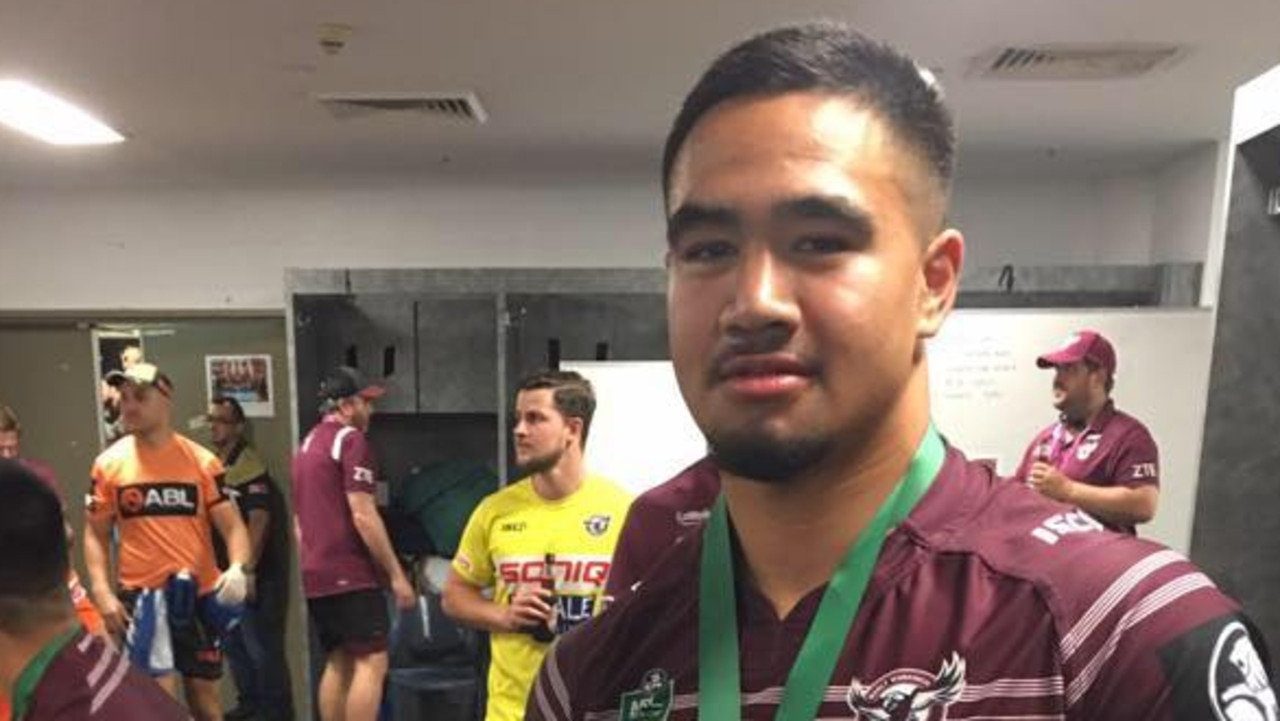
She explained that the NRL had emailed all clubs about the risks of heat-related illness after learning an expert had concluded Mr Titmuss had likely died of heat stroke.
Dr Flahive said she would like to educate players and coaching staff about the symptoms and treatment for heat illnesses in line with seminars on other sports-related injuries.
“We want to simplify it to be, if you see a collapsed player, think heart then heat,” she said.
The inquest heard the NRL is conducting an independent review of its heat policy with the assistance of a US not-for-profit for the prevention of heat stroke fatalities in sports.
Dr Flahive said other codes, including AFL and rugby, were conducting similar assessments.
“If we can do anything to avoid something like this happening in the future, we will do everything we can,” she told Mr Titmuss’ family.
Former Manly head of physiotherapy, James Rahme, said he hoped the insight gained through the inquest would provide some guidance about treating exertional heat strokes.
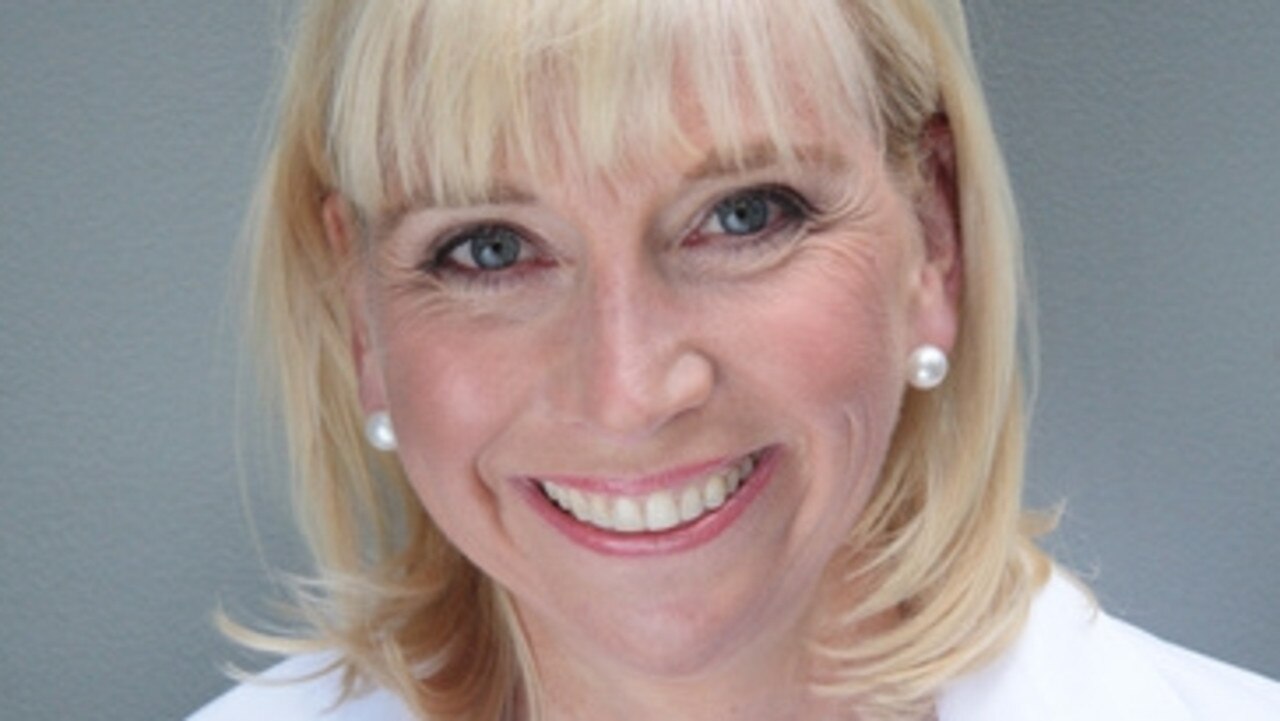
He told the inquest he attended the outdoor training session and noted Mr Titmuss was “keeping up” with the team.
Mr Rahme returned to his office but received a panicked phone call less than an hour later.
“I remember sensing an urgency that things weren’t right,” he recalled.
One of the coaching staff told him “there’s something serious going on, you better get here” but didn’t provide Mr Titmuss’ name or any details of his collapse.
When he entered the indoor gym, the physiotherapist saw Mr Titmuss “moving around” in a jerky manner that “looked like a seizure”.
“He was moving around in like a backwards crawl, a commando crawl backwards, and it seemed involuntary,” Mr Rahme said.
A staff member ran to fetch sports doctor Tony Delaney from his nearby office, telling him “one of our players is in real trouble”.
When Dr Delaney arrived in the indoor gym, he saw Mr Titmuss arching his back, moving about by propelling himself with his legs, and crying out.
He placed a paper bag lightly over the NRL player’s face in the hope of helping him breathe more evenly, but the spasms didn’t abate.
“He was quite hot and sweaty,” Dr Delaney said.
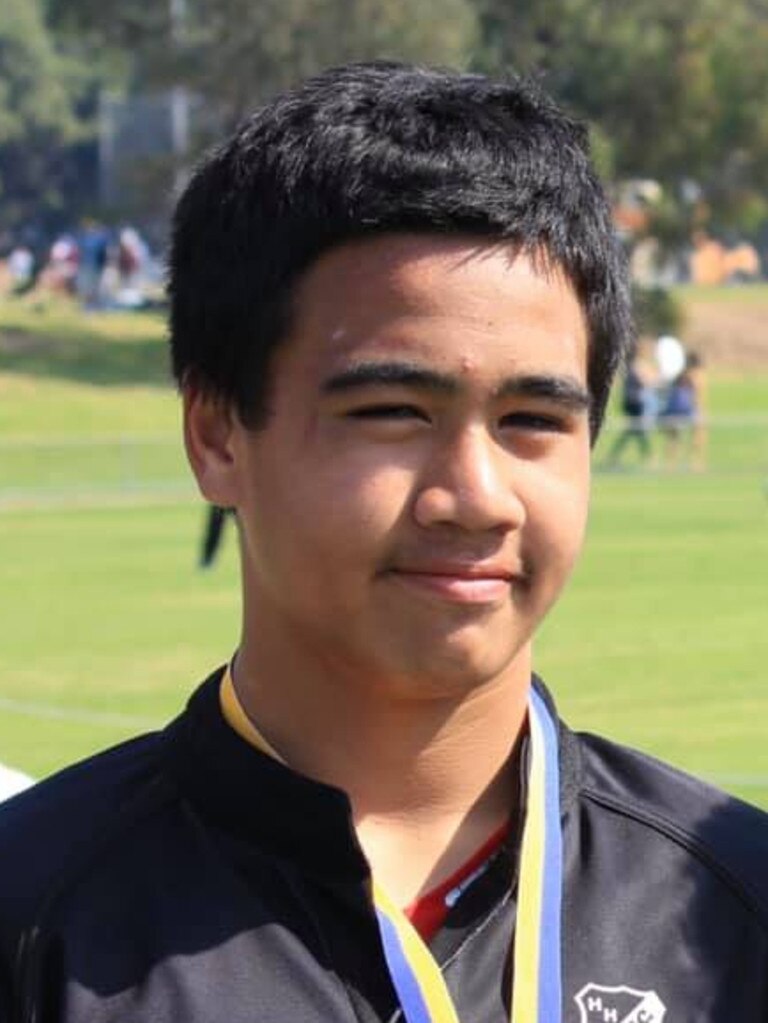
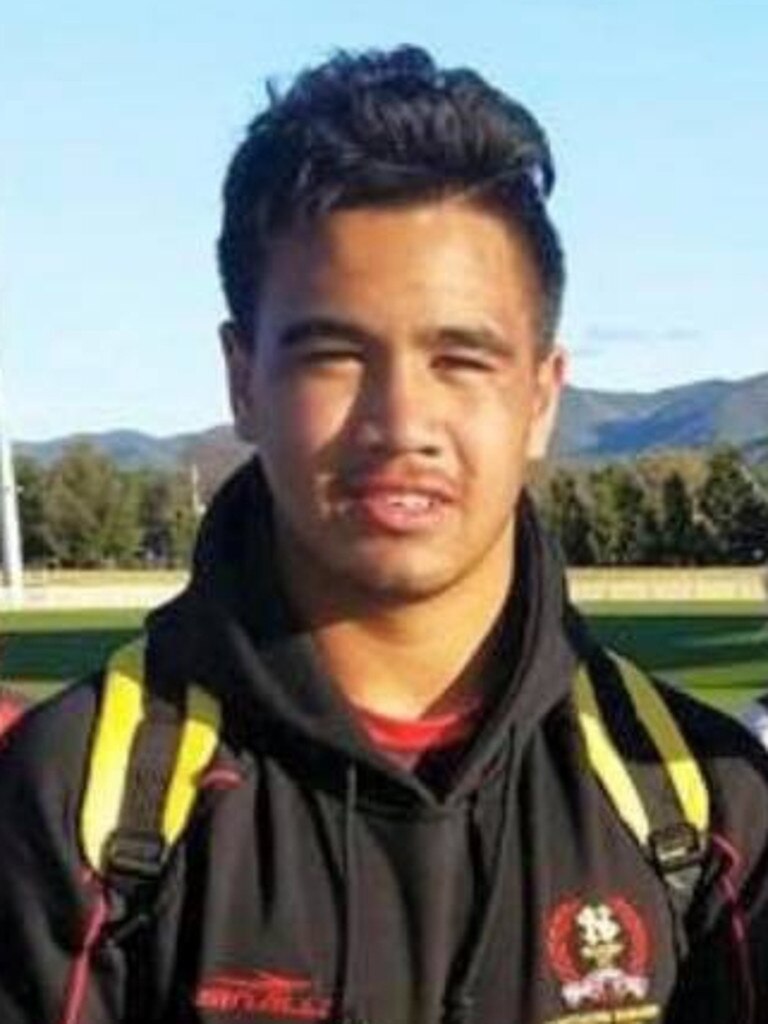
He told the inquest he had never seen exertional heat stroke before treating Mr Titmuss, and he didn’t recognise that the fits could have been related to heat illness.
The 20-year-old’s temperature was determined to be nearly 42C, which one paramedic said was the highest they’d ever seen.
Dr Delaney did not have his medical bag with him, so he told the inquest he was unable to check Mr Titmuss’s temperature and “was only able to observe him”.
If he had known the NRL player had a temperature of over 40C, he told the inquest he would have considered cooling measures.
However, the inquest heard Mr Titmuss’ spasms and “strength and size” would have prevented coaching staff from being able to place him in an ice bath.
After two minutes of the doctor’s care, paramedics arrived and took over.
When the 20-year-old was rushed to hospital, Dr Delaney said he was “optimistic” about his prognosis.
“I didn’t regard him as being very, very unwell,” he said.
Mr Titmuss died hours later after he suffered a fatal cardiac arrest in hospital.
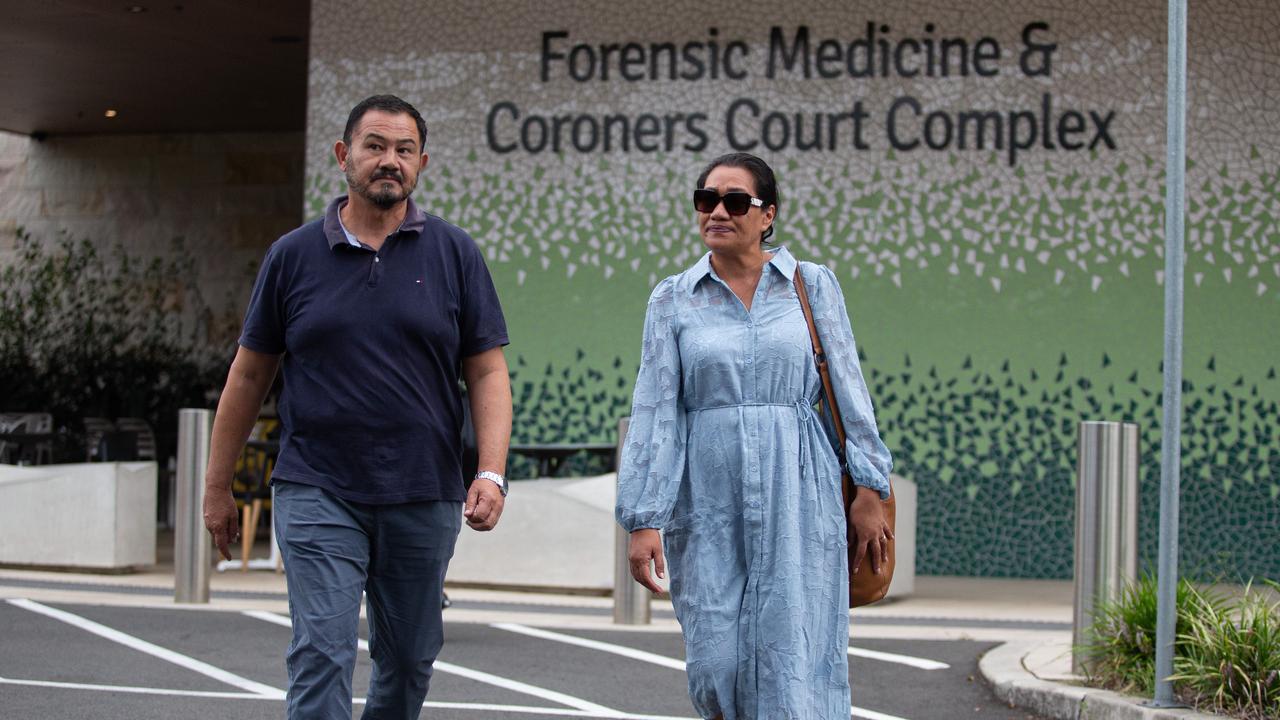
Mr Rahme remembered Mr Titmuss as “gentle” and “kind”. He broke down in tears as he offered his condolences to the player’s family, who sat in the courtroom.
“He was loved by the boys,” the physiotherapist said to Mr Titmuss’s family.
“I still believe a lot of the boys are affected by what happened. Nothing will ever take away the pain.”
His mother, father, and sister nodded sadly.
Mr Titmuss had been on the verge of making his debut with the Manly Sea Eagles after being named in the club’s top-30 squad.
Former Manly head coach Des Hasler will give evidence before Deputy State Coroner Derek Lee on Friday.




